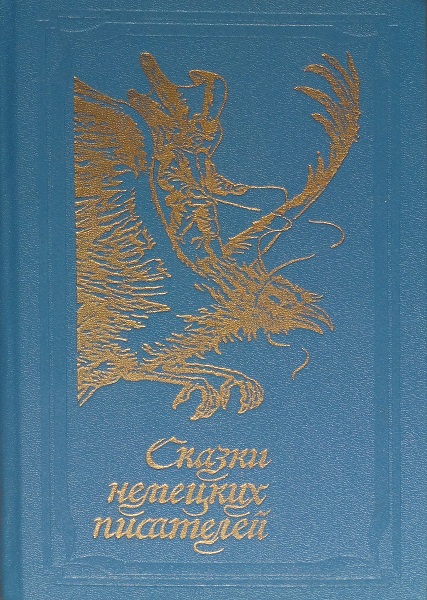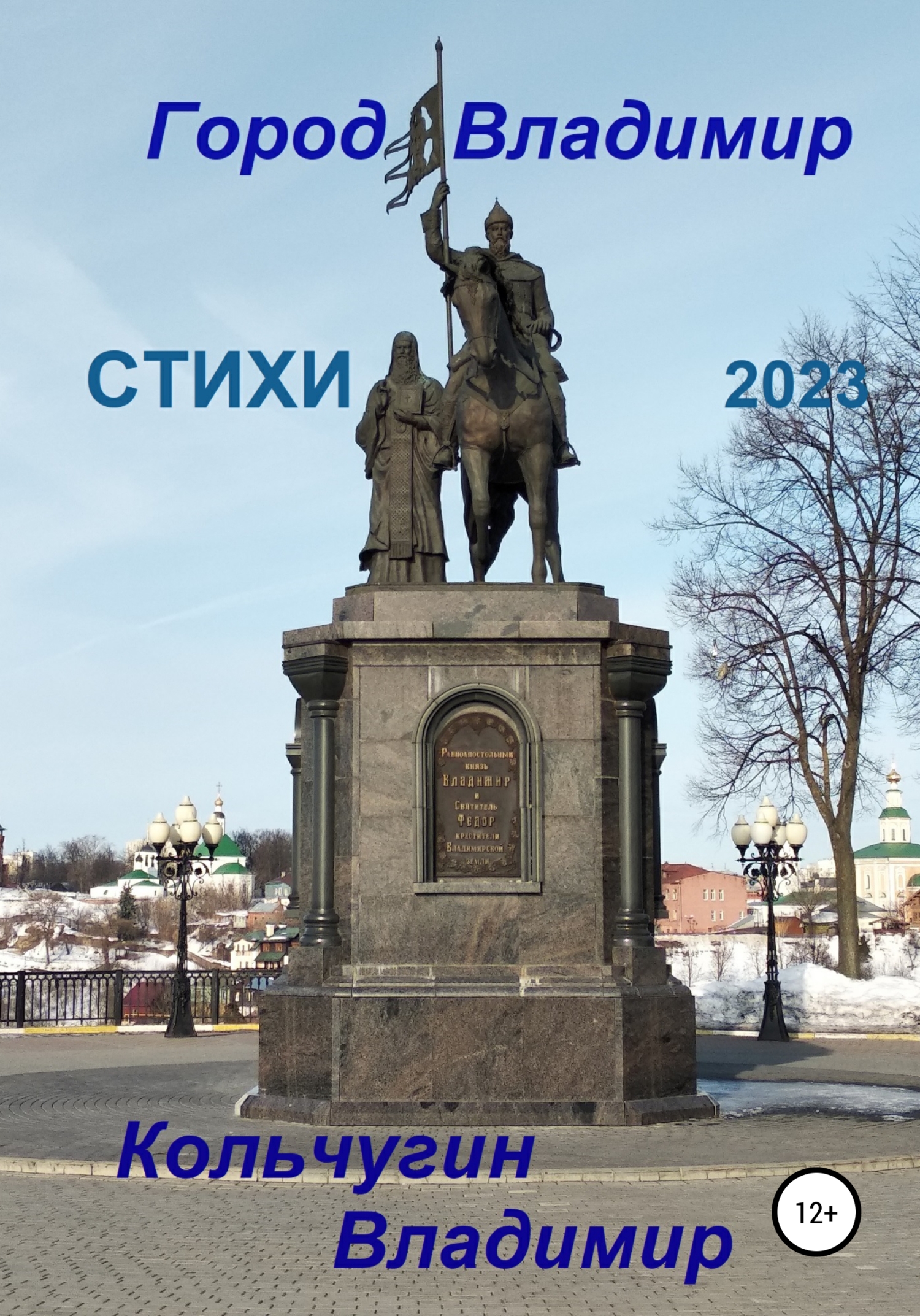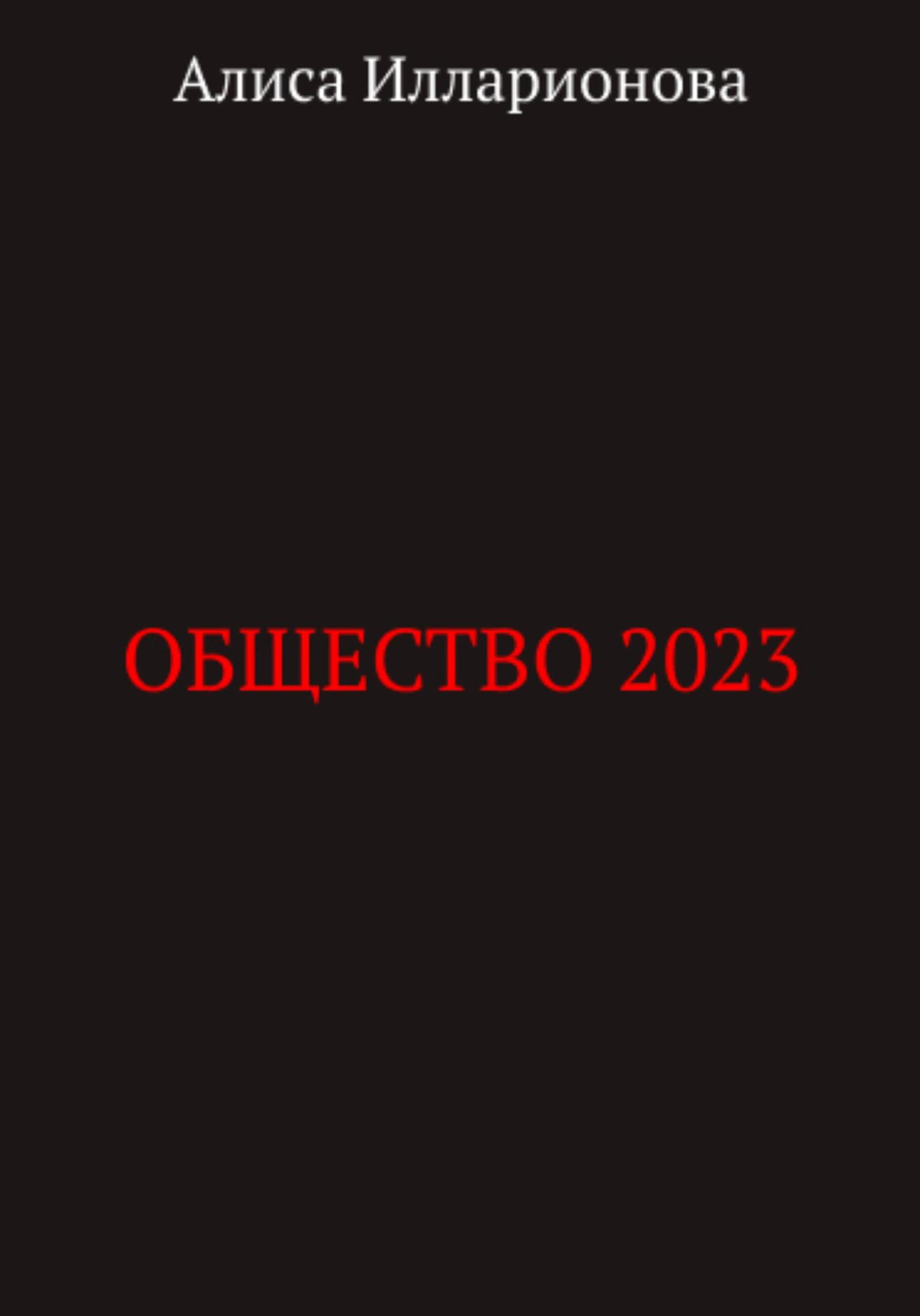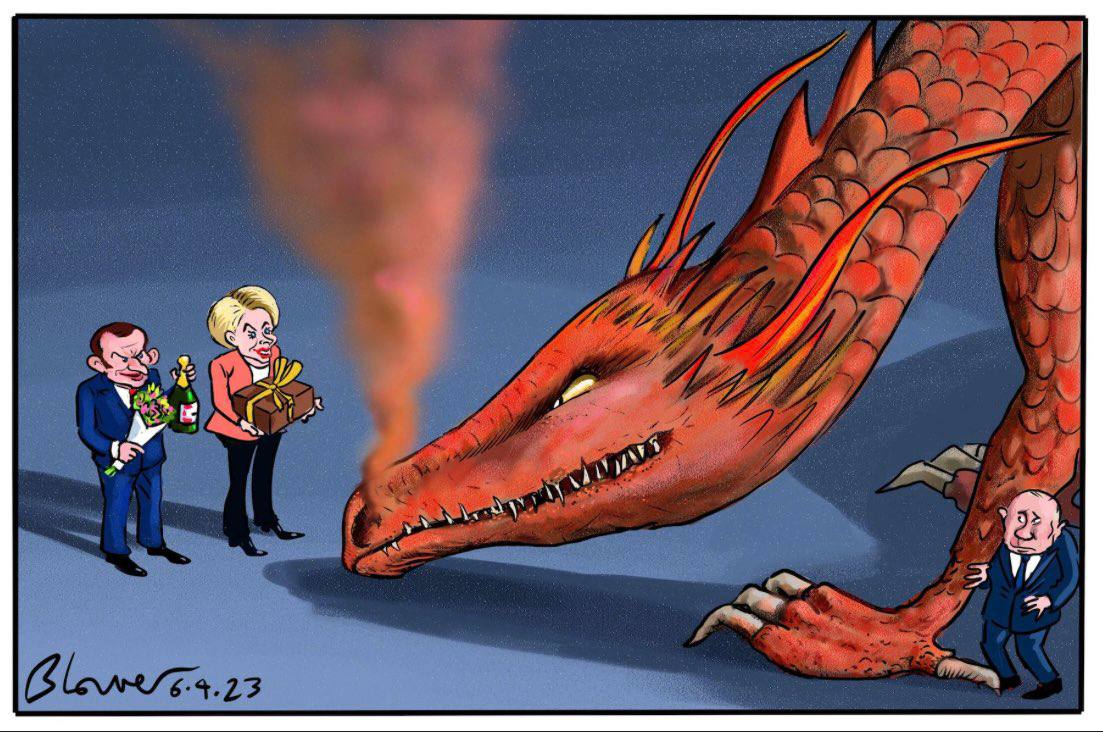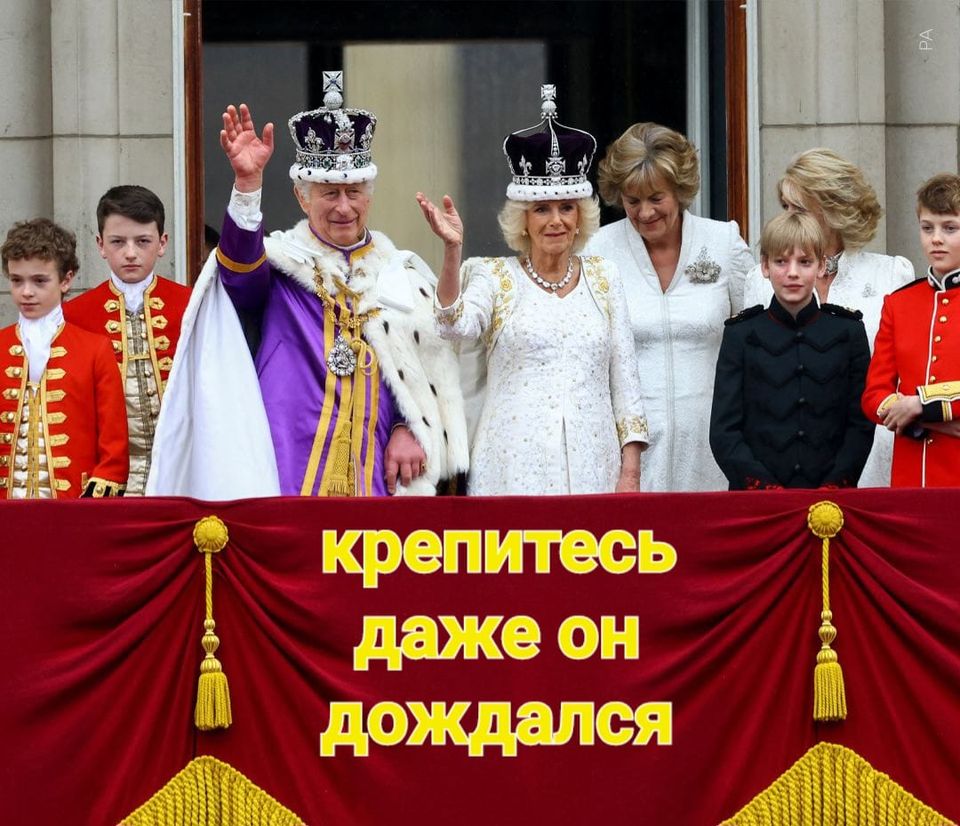Книга Голоса советских окраин. Жизнь южных мигрантов в Ленинграде и Москве - Джефф Сахадео
На нашем литературном портале можно бесплатно читать книгу Голоса советских окраин. Жизнь южных мигрантов в Ленинграде и Москве - Джефф Сахадео полная версия. Жанр: Разная литература / Политика. Онлайн библиотека дает возможность прочитать весь текст произведения на мобильном телефоне или десктопе даже без регистрации и СМС подтверждения на нашем сайте онлайн книг knizki.com.
Шрифт:
-
+
Интервал:
-
+
Закладка:
Сделать
Перейти на страницу:
Перейти на страницу:
Внимание!
Сайт сохраняет куки вашего браузера. Вы сможете в любой момент сделать закладку и продолжить прочтение книги «Голоса советских окраин. Жизнь южных мигрантов в Ленинграде и Москве - Джефф Сахадео», после закрытия браузера.
Книги схожие с книгой «Голоса советских окраин. Жизнь южных мигрантов в Ленинграде и Москве - Джефф Сахадео» от автора - Джефф Сахадео:
Комментарии и отзывы (0) к книге "Голоса советских окраин. Жизнь южных мигрантов в Ленинграде и Москве - Джефф Сахадео"




















